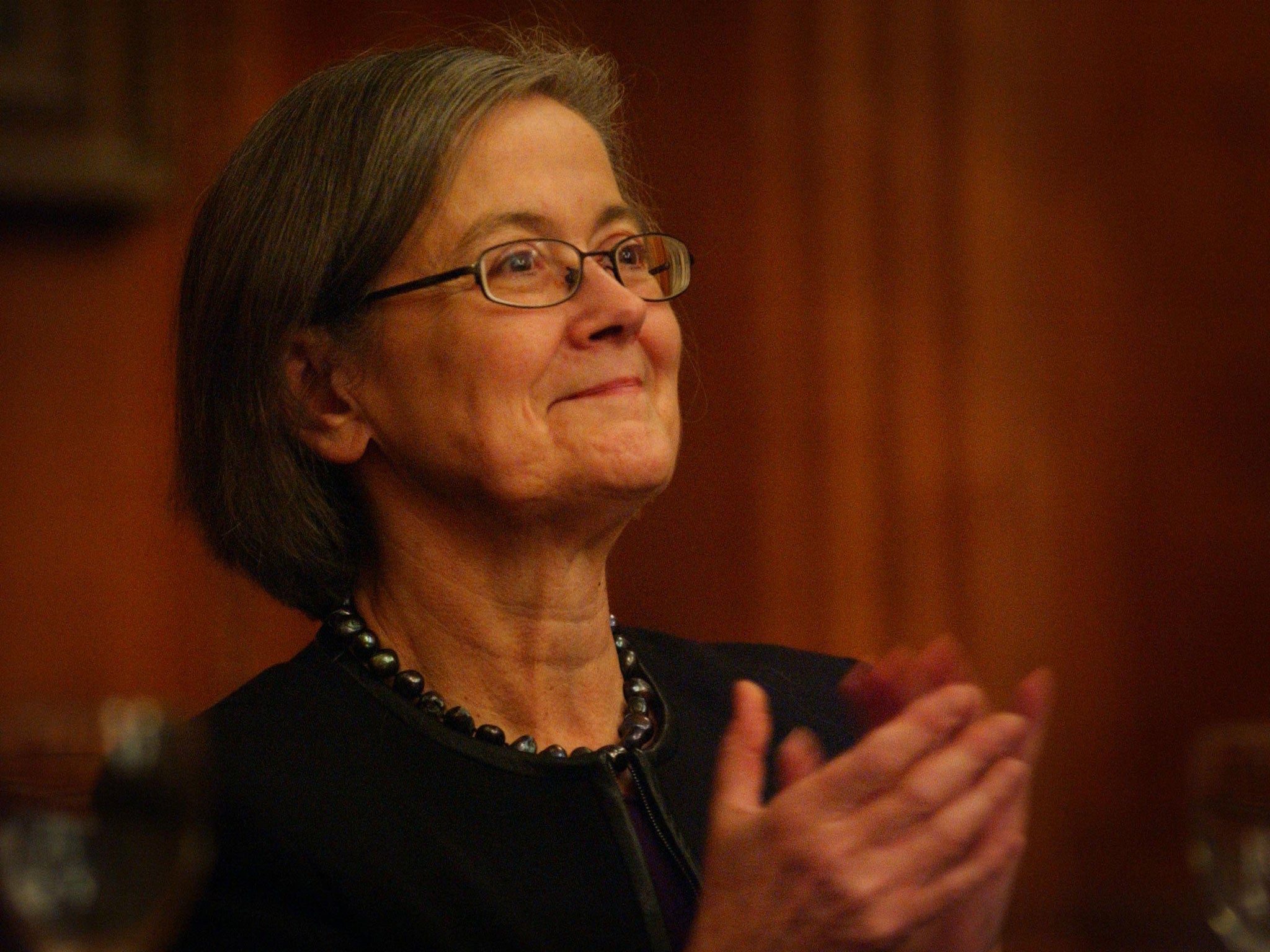Britain’s most senior female judge has criticised “unconscious” sexism among legal elites , saying that talented women are overlooked for senior jobs because interviewers are more comfortable with men.
Baroness Hale of Richmond, the only female Supreme Court justice, said appointing judges from more diverse backgrounds would improve the “democratic legitimacy” of the legal system. In a public lecture at the London School of Economics on Wednesday night, Baroness Hale called for less rigidity in a system that selects almost exclusively from a small pool of seasoned lawyers. She also accused some legal recruiters of letting ingrained prejudice affect their hiring decisions.
“I suspect they’re not very good at assessing people who have come from different backgrounds,” she said. “We think we have got equal opportunities, but I would guess, for all sorts of reasons, they’re not necessarily truly equal because so much assessment of merit is subjective.
“There’s an awful lot of unconscious assumptions and judgements that are made when people don’t realise that that’s what they’re doing. The more used they are to having women, and people from ethnic minorities, around, the less that’s a problem because they know how we behave. But if you hardly ever see a woman, you don’t really know how to assess somebody who’s a candidate.”
Law Society statistics show that 47 per cent of solicitors are women, compared to 35 per cent of barristers in 2010, the most recent year for which figures are available. Women make up 12 per cent of Queen’s Counsel, the most senior barristers, along with just 21 out of 148 judges in the Court of Appeal and High Court.
All but one of the 23 people consulted over judicial appointments to the Supreme Court are men.
The baroness said she was the “first girl from my school to study law”, but decided to become a legal academic instead of a practising lawyer after graduating from Cambridge.
In 1994 she became the first High Court judge to be appointed from an academic background rather than a career as a barrister.
She said: “It is tiring to have to be talking about why we have so few women in the higher ranks of the judiciary in this country when most countries in the world have solved the problem. It is a bore. I would like us not to have to talk about it, but we do have to talk about it because the present situation is terrible.”
The baroness said she approved of proposals for a so-called “tie-breaker” system, which would create a presumption in favour of appointing a candidate from a minority background if all applicants were seen as being equally suitable. She added: “That’s a sort of affirmative action, but it’s not positive discrimination.”

Join our commenting forum
Join thought-provoking conversations, follow other Independent readers and see their replies
Comments